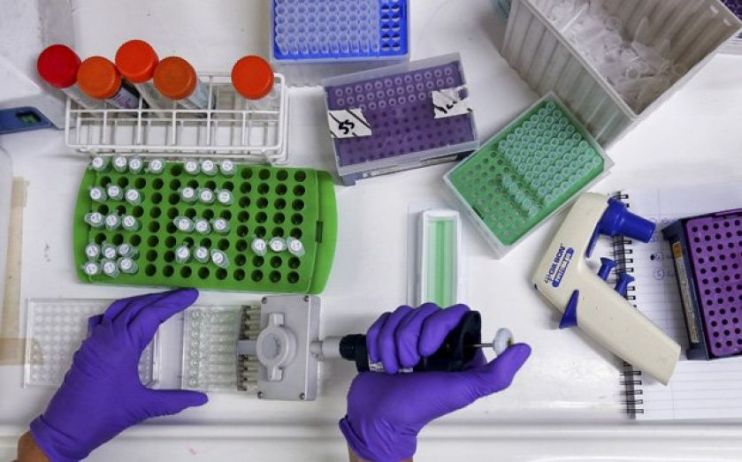Six UK cases: Fast-spreading Lambda variant puzzles Covid scientists due to ‘unusual set of mutations’

A Covid-19 variant called Lambda has left Scientist from the World Health Organisation puzzled due to its ‘unusual set of mutations’.
The Lambda strain, denoted as C.37, was first discovered in Peru and has spread to nearly 30 countries in the last four weeks, including Argentina and Chile, according to the Financial Times this weekend.
The variant is already in the UK as Public Health England has confirmed six cases, five of whom had travelled abroad, according to a Reuters report.
Unusual set of mutations
“One reason why it is hard to make sense of the threat from Lambda, using computational and lab data, is that it has rather an unusual set of mutations, compared with other variants,” the FT wrote, quoting Jeff Barrett, director of the Covid-19 Genomics Initiative at the Wellcome Sanger Institute in London.
“Lambda has a unique pattern of seven mutations in the spike protein that the virus uses to infect human cells. Researchers are particularly intrigued by one mutation called L452Q, which is similar to the L452R mutation believed to contribute to the high infectiousness of the Delta variant,” according to the report.
High transmission rate
Citing WHO data, the paper wrote that Lambda now accounts for 82 per cent of all new Covid-19 cases in Peru, which has the highest Coronavirus death rate in the world.
In the Latin American country, Lambda has spread from one in every 200 samples to 50 per cent of all Covid cases in March to around 82 per cent at present.
“That would suggest its rate of transmission is higher than any other variant,” Pablo Tsukayama, a professor in molecular biology at Cayetano Heredia university in Peru, told several media outlets.